Peter Szijjarto stressed that Hungarian foreign policy is Hungarian and sovereign, and has the sole aim of asserting the national interest - often against overwhelming oppositional forces. It is a reasonable, pragmatic and rational foreign policy having a strong foreign trade focus, that with the fulfillment of set goals provides beneficial effects for the Hungarian people.
Hungarian foreign policy is open in all directions, he added, and endeavors to gather friends and cooperative partners who consider mutual respect to be the basis of their foreign policy. It does not seek conflicts, but is not afraid to take them head on,
the minister summarized.
"Now, in the current era of threats, this foreign policy approach is even more significant," he said, recalling that in the past five years, the country has had to face three crises and find responses to each that have allowed it to emerge even stronger.
We had to find a solution to the pandemic, but we did not sit back and watch Hungarian people die because of the European Commission's botched vaccine procurement,
he said.
The economic management of the epidemic was a success as more people in Hungary had jobs after the pandemic compared with before.
In the same way, he said, only the national interest was taken into account when during the war raging in Ukraine the government did not sever cooperation with Russia, thereby ensuring Hungary's secure energy supply.
"In the mean time, as a neighboring country to Ukraine, we managed to stay out of the war, and the Hungarians did not take a single decision that would have contributed to greater death tolls," he stressed.
FM Szijjarto also touched on the crisis in the Middle East, during which, according to his report, all Hungarian citizens were evacuated from the Gaza Strip and three Hungarian hostages were freed.
"During the serious challenges of recent years, Hungarian foreign policy has always found the right answers, while Brussels has failed to respond to crises," he stressed.
Brussels "had bungled" vaccine procurement, the reconstruction fund has not been made available to all as promised, and the threat of the neighboring war spreading is mainly due to the irresponsible behavior of Western European leaders,
he said, adding that sanctions have done more damage to Europe than to Russia, with the European economy "suffering gunshots through the lungs" by war inflation, while the security situation continuously deteriorates.
The EU has failed in every crisis situation, so they can't digest the fact that Hungary has a successful, patriotic, sovereign government that goes against the Brussels mainstream.
"The difference in the responses to the crises has made it clear to all European citizens that Hungary has a more successful alternative to the liberal mainstream," he said, adding that this is why Brussels, with the assistance of the Hungarian Left, has been staging attacks on the country by any means possible.
Under communism there were Hungarian people who acted against the Hungarian national interest in the imperial centers, and it is the same now in Brussels,
the foreign minister said.
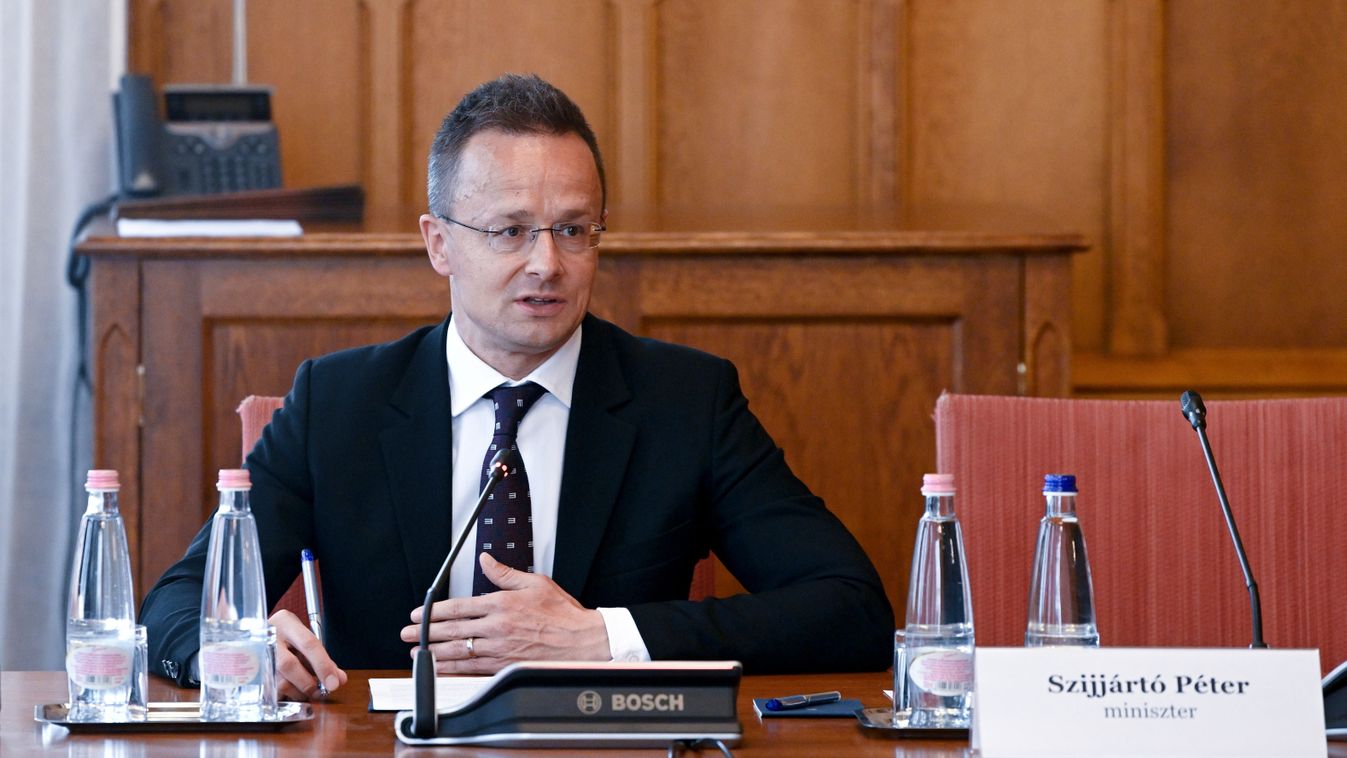
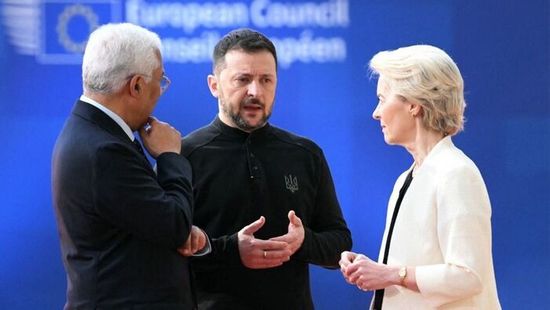
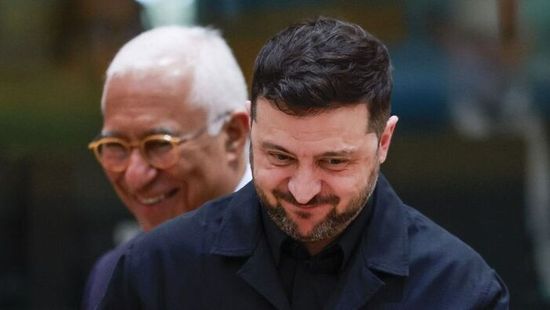
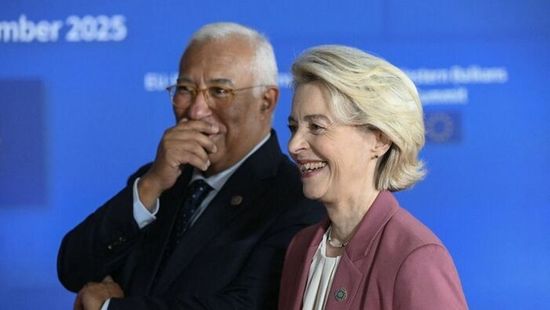
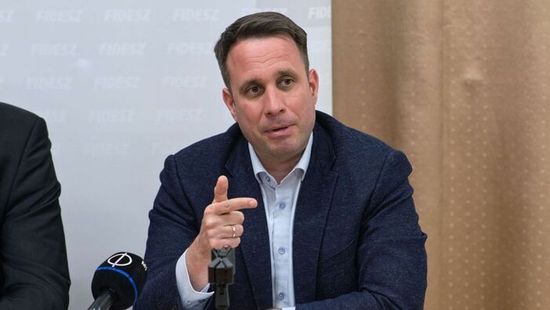

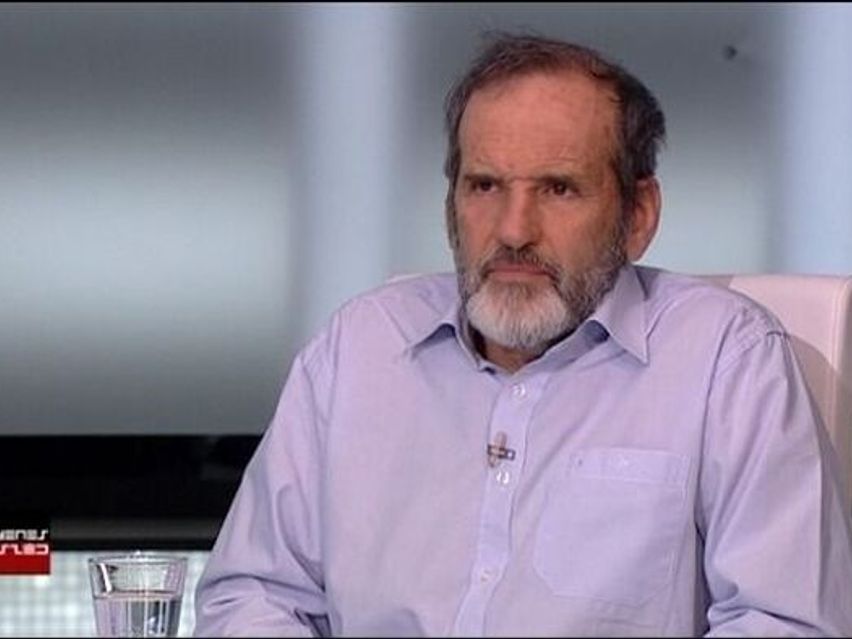
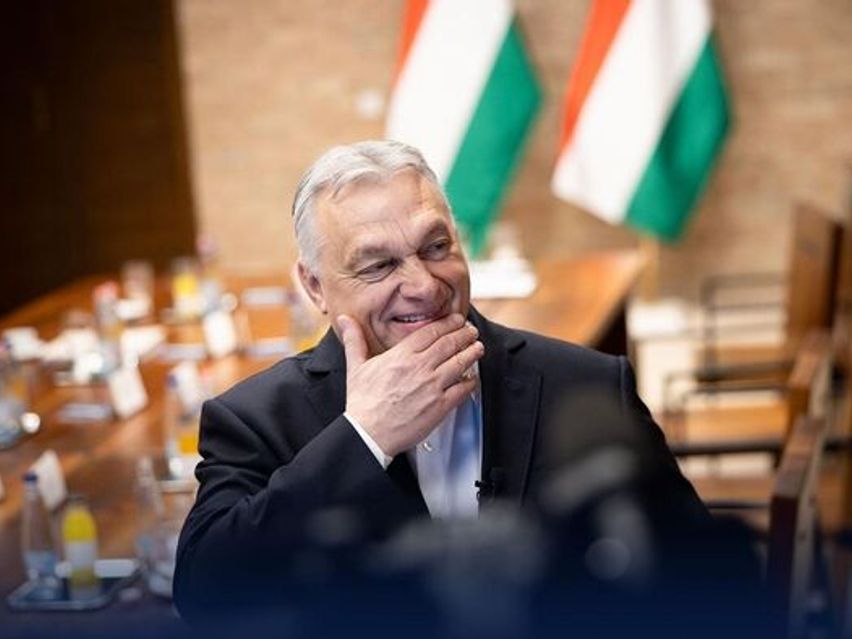



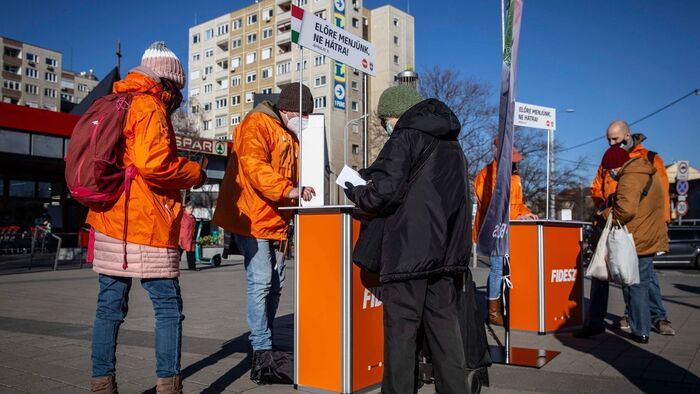
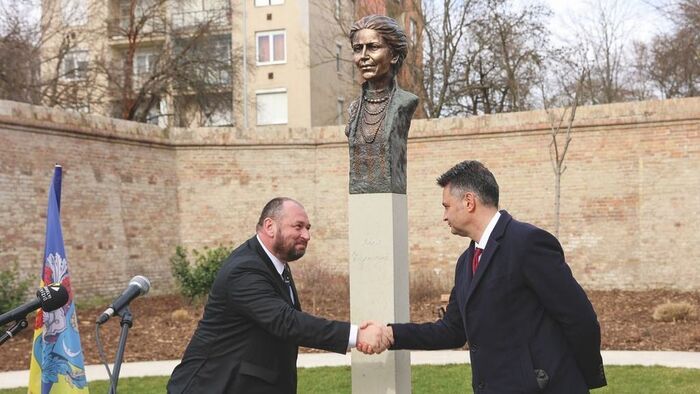

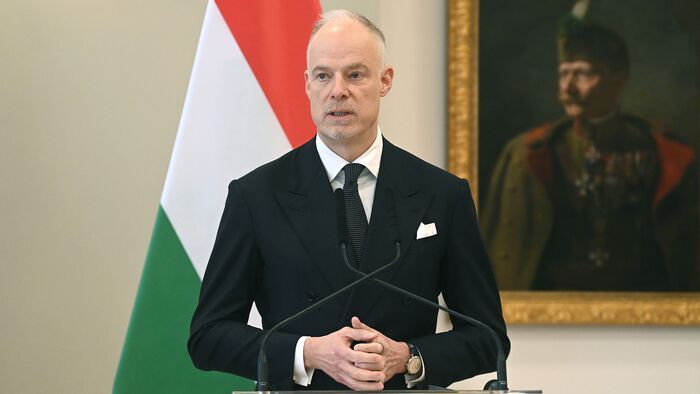
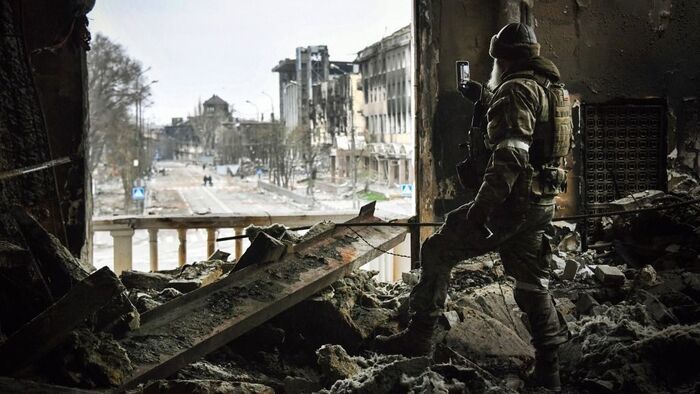

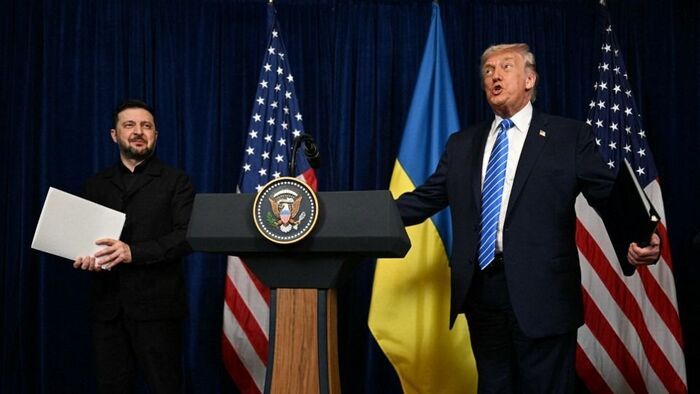





Szóljon hozzá!
Jelenleg csak a hozzászólások egy kis részét látja. Hozzászóláshoz és a további kommentek megtekintéséhez lépjen be, vagy regisztráljon!